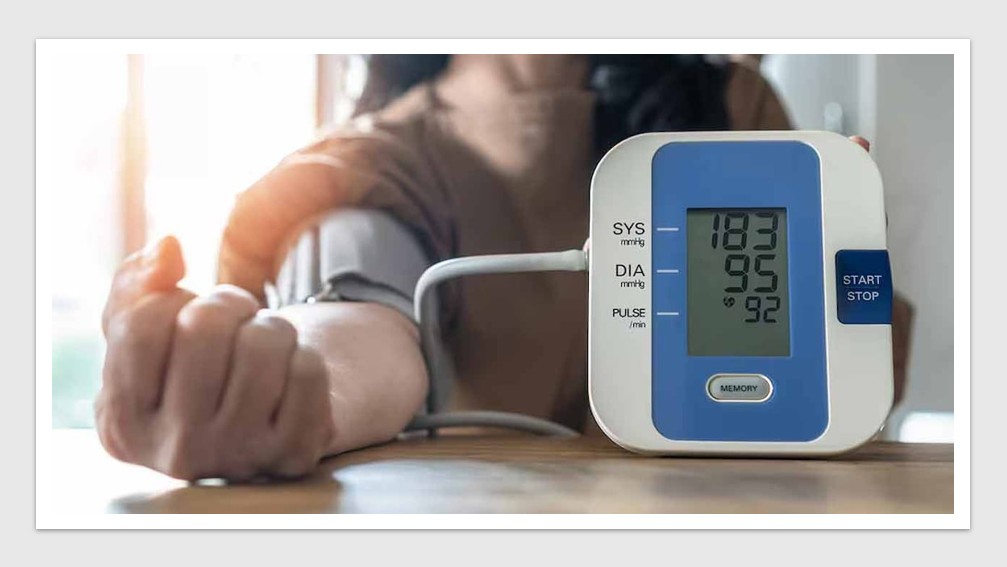News & Trends - MedTech & Diagnostics
Landmark study exposes stark differences in ICD battery life and patient risk

A new independent study examining over 35,000 implantable cardioverter-defibrillators (ICDs) has uncovered significant differences in battery longevity across several medtech devices – with implications on patient outcomes and the healthcare system.
Battery longevity in ICDs is a critical factor in determining both patient safety and system-level healthcare efficiency. Battery replacement procedures carry a substantial risk of complications shown to be over 7% in the first 6 months post-procedure, including damage to existing transvenous leads, bleeding, and infection requiring complete hardware extraction.
Battery technology also remains a leading cause of Cardiac Implantable Electronic Device (CIED) advisories and recalls, creating an added downstream burden on healthcare resources.
In the first large-scale study of its kind, researchers analysed 15,029 single-chamber, 10,822 dual-chamber, and 17,247 biventricular ICDs. The addition of each lead was associated with a loss of approximately 2–3 years of battery life, a finding with significant clinical and economic implications.
Among ICDs that reached the replacement interval (RI), Boston Scientific’s transvenous devices demonstrated the longest battery longevity across single-chamber, dual-chamber, and biventricular ICDs – outlasting competitors by 2–3 years. The company attributes this performance to its proprietary EnduraLife battery technology.
Device parameters did not substantially vary across manufacturers. Estimated battery longevity was compared accurately with observed longevity among devices that reached RI. Notably, devices implanted in the past two years showed an estimated battery life improvement of 2–4 years, and the longevity gap between manufacturers has narrowed over this period.
The study found that “manufacturer, programmed pulse width, and programmed output” remain the most significant factors influencing ICD battery longevity.
As cardiac device technology continues to evolve, this new data highlights the importance of battery performance not only in clinical decision-making but also in managing long-term patient safety and healthcare resources.
![]() In reimagining healthcare across the entire patient journey, Health Industry HubTM is the only one-stop-hub uniting the diversity of the Pharma, MedTech, Diagnostics & Biotech sectors to inspire meaningful change.
In reimagining healthcare across the entire patient journey, Health Industry HubTM is the only one-stop-hub uniting the diversity of the Pharma, MedTech, Diagnostics & Biotech sectors to inspire meaningful change.
The Health Industry HubTM content is copyright protected. Access is available under individual user licenses. Please click here to subscribe and visit T&Cs here.
News & Trends - Biotechnology

CSL reshapes R&D while bracing for U.S. tariffs
Australia’s largest biotech company CSL is streamlining its R&D operations to enhance efficiency amidst a rapidly evolving global landscape. The […]
MoreNews & Trends - MedTech & Diagnostics

Australia joins Medtronic trial in fight against resistant hypertension
Medtronic has launched an international clinical trial across Australia, the United States, and Europe to evaluate the feasibility of multi-organ […]
MoreNews & Trends - MedTech & Diagnostics

Medibank launches pharmacogenetic testing while government stalls on insurance discrimination ban
Medibank has become the first Australian health insurer to pay towards pharmacogenetic testing (PGx) for eligible customers on Extras cover. […]
MoreNews & Trends - Pharmaceuticals

Global pledge shifts visibility and action for patients with advanced breast cancer
Three breast cancer organisations have united internationally to demand that people living with metastatic breast cancer (MBC) are no longer […]
More